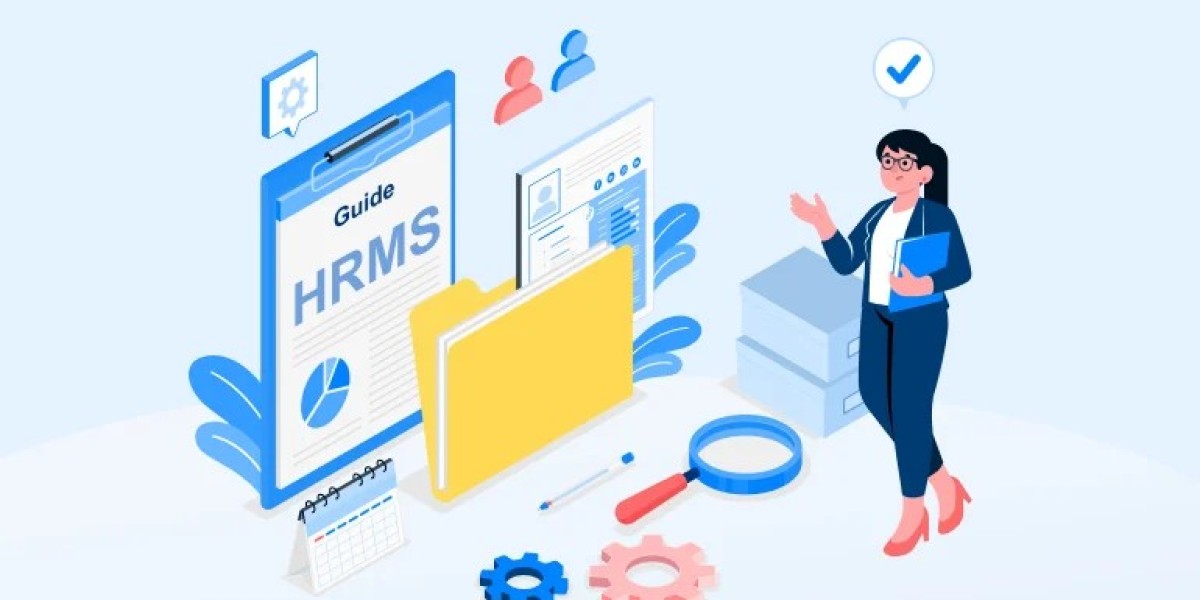Product liability is a legal area that holds manufacturers, distributors, suppliers, or retailers accountable for injuries caused by defective products. Every consumer assumes that the products they purchase are safe for use. However, when a product malfunctions or causes harm, individuals can seek justice through a legal process known as product liability. This article explores the significance of product liability and the role of a Legal Nurse Consultant in these cases.
What Is Product Liability?
Product liability refers to the responsibility of parties involved in the production and distribution of a product to ensure that it is safe for consumers to use. If a product causes harm, be it physical injury, illness, or even death, the affected individual may file a lawsuit seeking compensation for damages. It’s important to note that product liability laws vary by jurisdiction, but the central principle remains consistent: manufacturers and sellers must ensure their products are defect-free and safe for public use.
Types of Product Defects
There are three primary types of defects that can lead to a product liability case:
1. Design Defects
Design defects occur when a product is inherently dangerous due to poor design, even before it’s manufactured. If a product's design inherently poses a risk, it can lead to serious injuries. A common example is a car with a design flaw that causes it to be prone to rollovers in certain conditions.
2. Manufacturing Defects
Manufacturing defects happen when there’s an error during the production of a product. These defects often involve a flaw in a specific item that could have been avoided through proper quality control procedures. For example, a batch of toys with small parts that can be easily swallowed might have been produced with a manufacturing defect.
3. Marketing Defects (Failure to Warn)
Marketing defects occur when a product lacks adequate warning labels or instructions on safe use. For instance, a pharmaceutical product without proper warnings regarding side effects or contraindications may be considered defectively marketed, even if the product itself is not inherently dangerous.
How Does Product Liability Work?
When a consumer suffers harm due to a defective product, they can file a lawsuit under the theory of product liability. There are several legal grounds under which a product liability case may be brought forward:
Negligence: The manufacturer or seller failed to exercise reasonable care in the design, production, or marketing of the product, leading to harm.
Strict Liability: This is a legal doctrine that holds manufacturers and sellers strictly liable for injuries caused by defective products, even if they weren’t negligent. In these cases, plaintiffs don’t have to prove fault, only that the product was defective.
Breach of Warranty: This involves a violation of an express or implied warranty that the product will perform safely and as expected.
The Role of Legal Nurse Consultants in Product Liability Cases
In product liability cases, medical and scientific evidence often plays a critical role. This is where a Legal Nurse Consultant (LNC) comes in. A Legal Nurse Consultant is a registered nurse with specialized training in the legal aspects of healthcare and injury cases. LNCs bridge the gap between healthcare and law, providing invaluable insights into the medical aspects of a case.
For product liability cases, Legal Nurse Consultants are experts in understanding the complexities of medical records, determining the extent of injuries caused by a product, and helping legal teams build a strong case. They can also assist in understanding the medical background needed to prove causation between a product defect and the harm caused.
How LNCs Help in Product Liability Cases
Legal Nurse Consultants are often brought into a product liability case to assist attorneys and help them navigate the healthcare-related aspects of the case. Their contributions can include:
Analyzing Medical Records: They can review and interpret medical records to understand the extent of harm caused by a defective product.
Providing Expert Testimony: In some cases, LNCs serve as expert witnesses to explain the medical implications of a product defect.
Identifying Causation: LNCs help establish whether a specific product defect directly caused the injuries or health issues experienced by the plaintiff.
Consulting on Healthcare Standards: They can provide insights into standard healthcare practices and whether proper medical care was administered following the injury caused by the product.
How Do Plaintiffs Prove Their Case in Product Liability?
To succeed in a product liability case, plaintiffs must demonstrate several key elements:
1. Existence of a Defect
The plaintiff must prove that the product was defectively designed, manufactured, or marketed. This can be shown through expert testimony, product testing, or other forms of evidence.
2. Causation
Plaintiffs must establish that the defect in the product directly caused the harm they suffered. This is often the most challenging aspect of a product liability case, and here, a Legal Nurse Consultant’s ability to analyze medical evidence can be pivotal.
3. Injury or Harm
Finally, the plaintiff must prove that the defective product caused actual harm, whether physical injury, economic loss, or emotional distress. This often requires medical documentation and expert testimony to substantiate the claim.
What Happens During a Product Liability Lawsuit?
A product liability lawsuit typically follows these stages:
1. Investigation
This initial phase involves gathering evidence, including medical records, witness statements, and expert opinions, to assess whether a defect caused the harm.
2. Filing the Complaint
The plaintiff files a formal complaint in court outlining the product defect, the harm caused, and the legal grounds for the lawsuit.
3. Discovery
Both parties exchange evidence during the discovery process. This may involve depositions, interrogatories, and the exchange of documents.
4. Settlement or Trial
Most product liability cases are settled before reaching trial. However, if the case goes to trial, both sides will present their evidence, and a judge or jury will decide the outcome.
Conclusion
Product liability plays a crucial role in holding manufacturers accountable for defective products that cause harm. Consumers rely on these laws to seek compensation for injuries resulting from faulty products, ensuring that manufacturers uphold their responsibility to produce safe items. Legal Nurse Consultants also provide an indispensable service in these cases, assisting legal teams by offering specialized medical insight and testimony. Understanding the intricacies of product liability law and the role of professionals like LNCs helps ensure that justice is served when a product causes harm.








